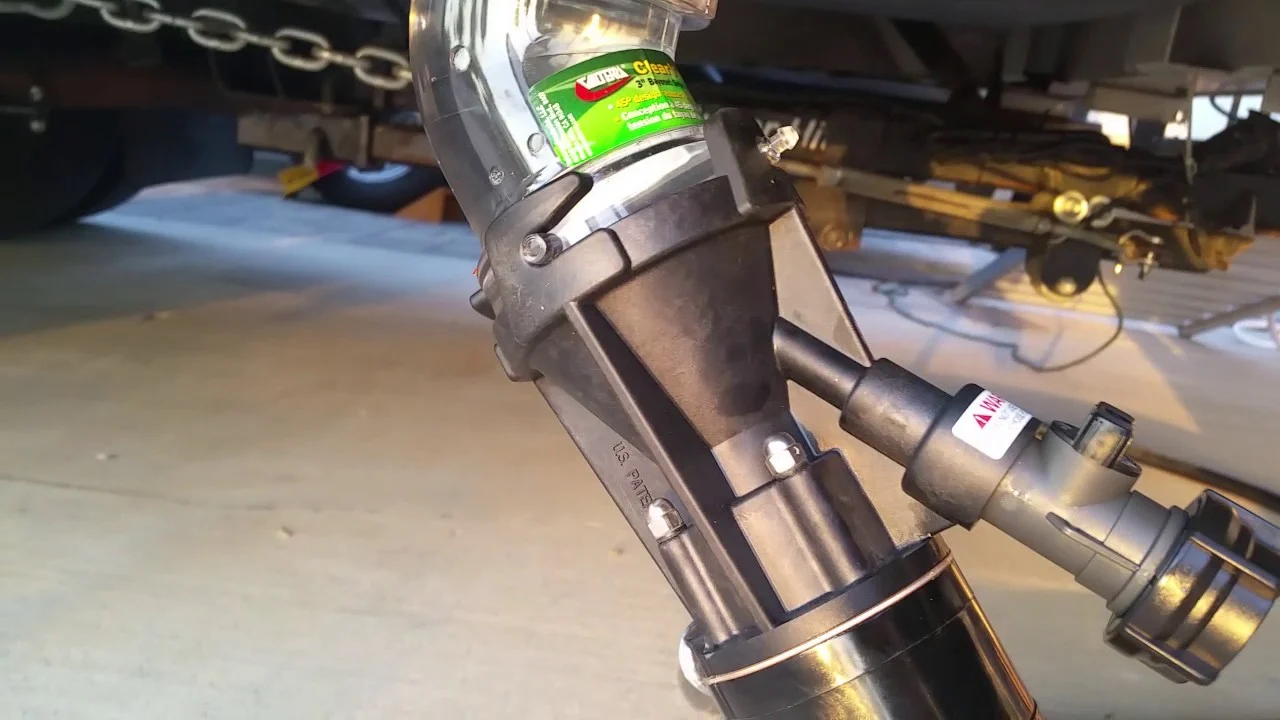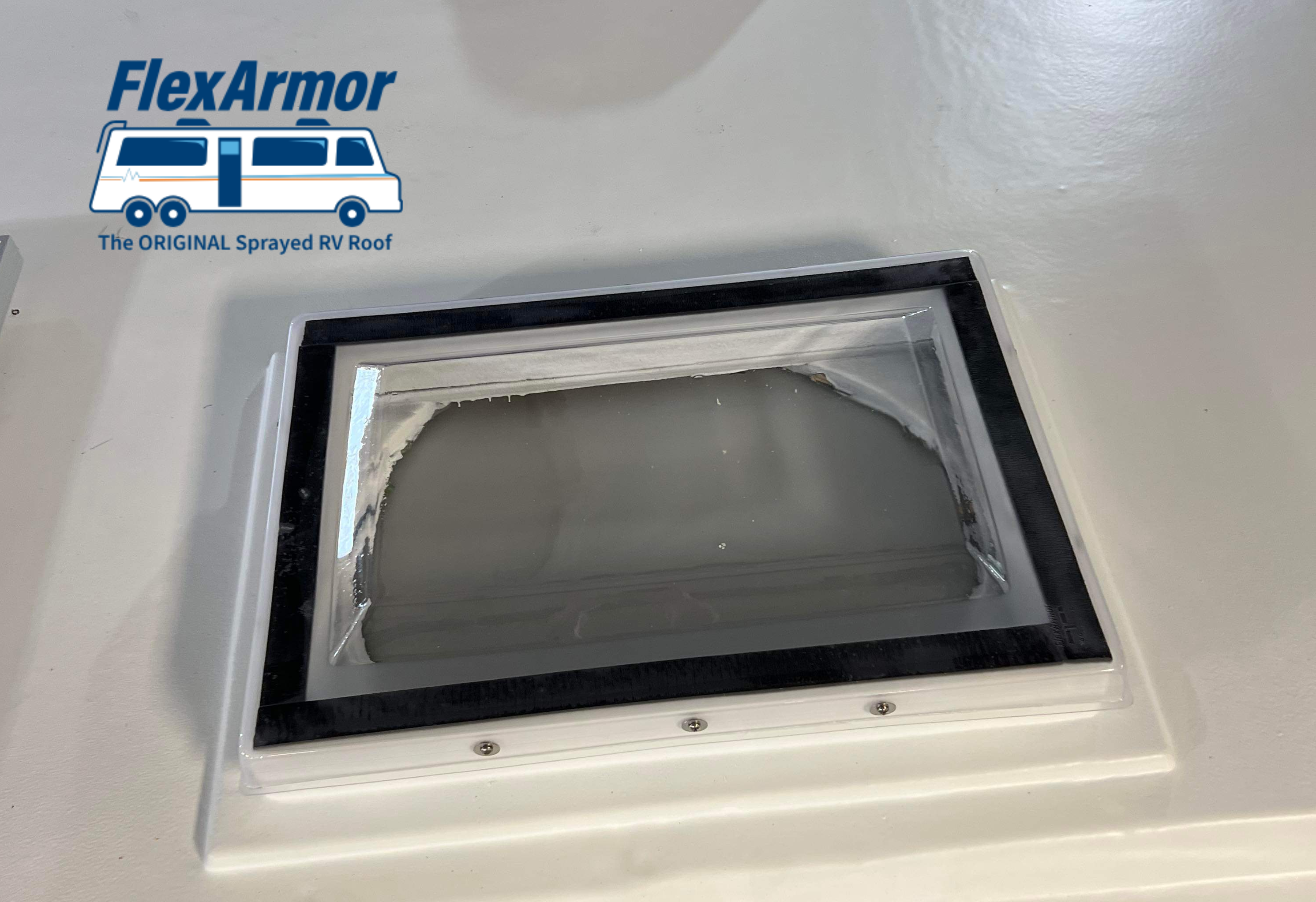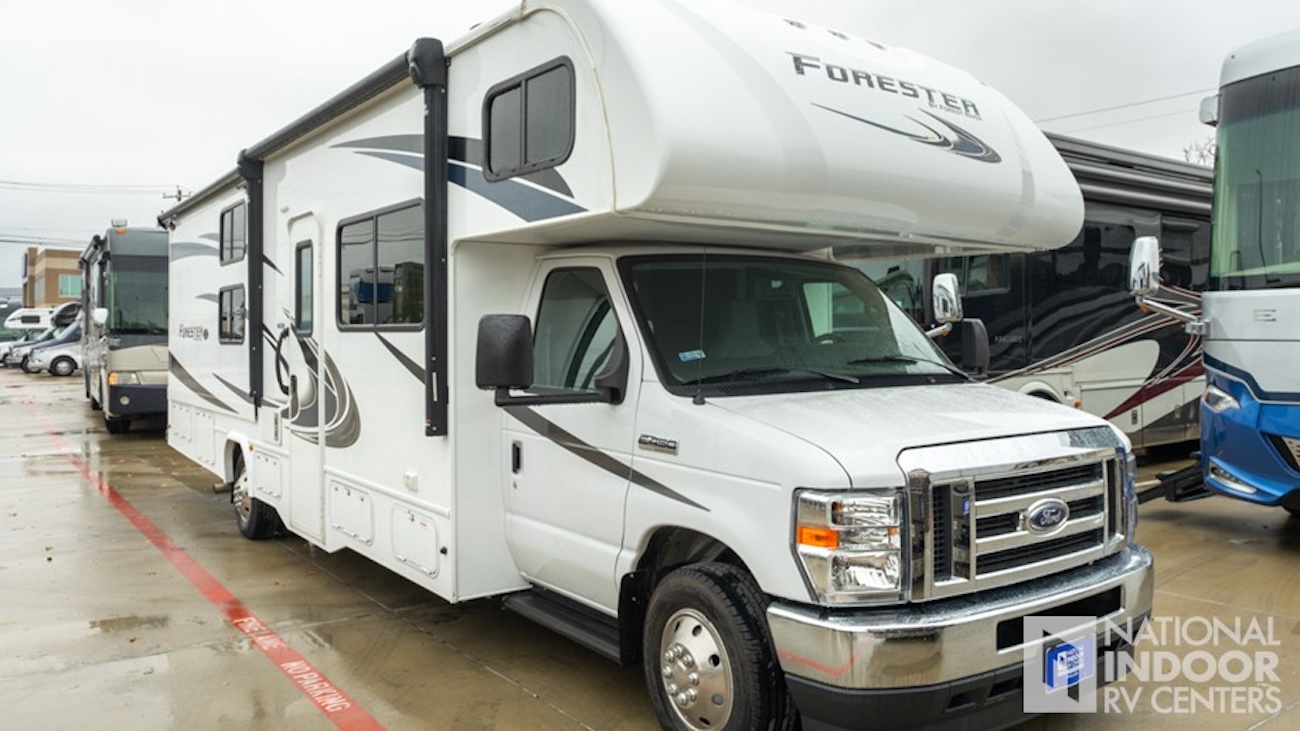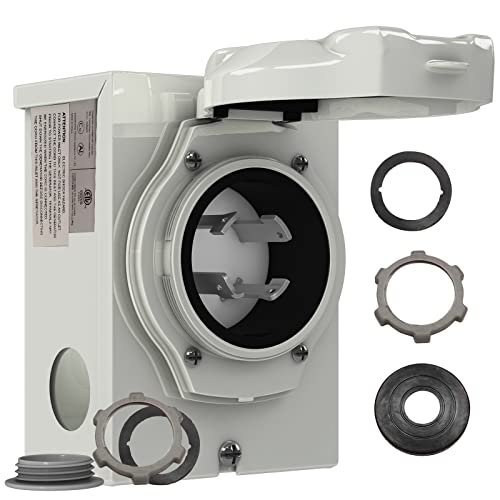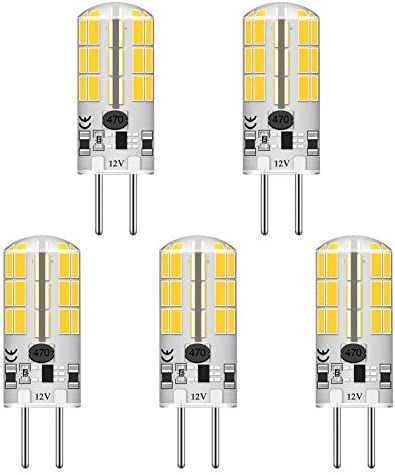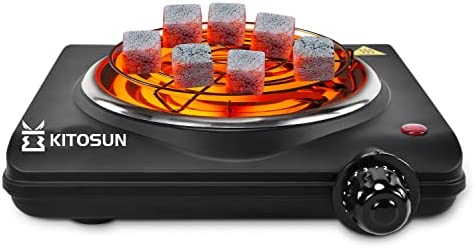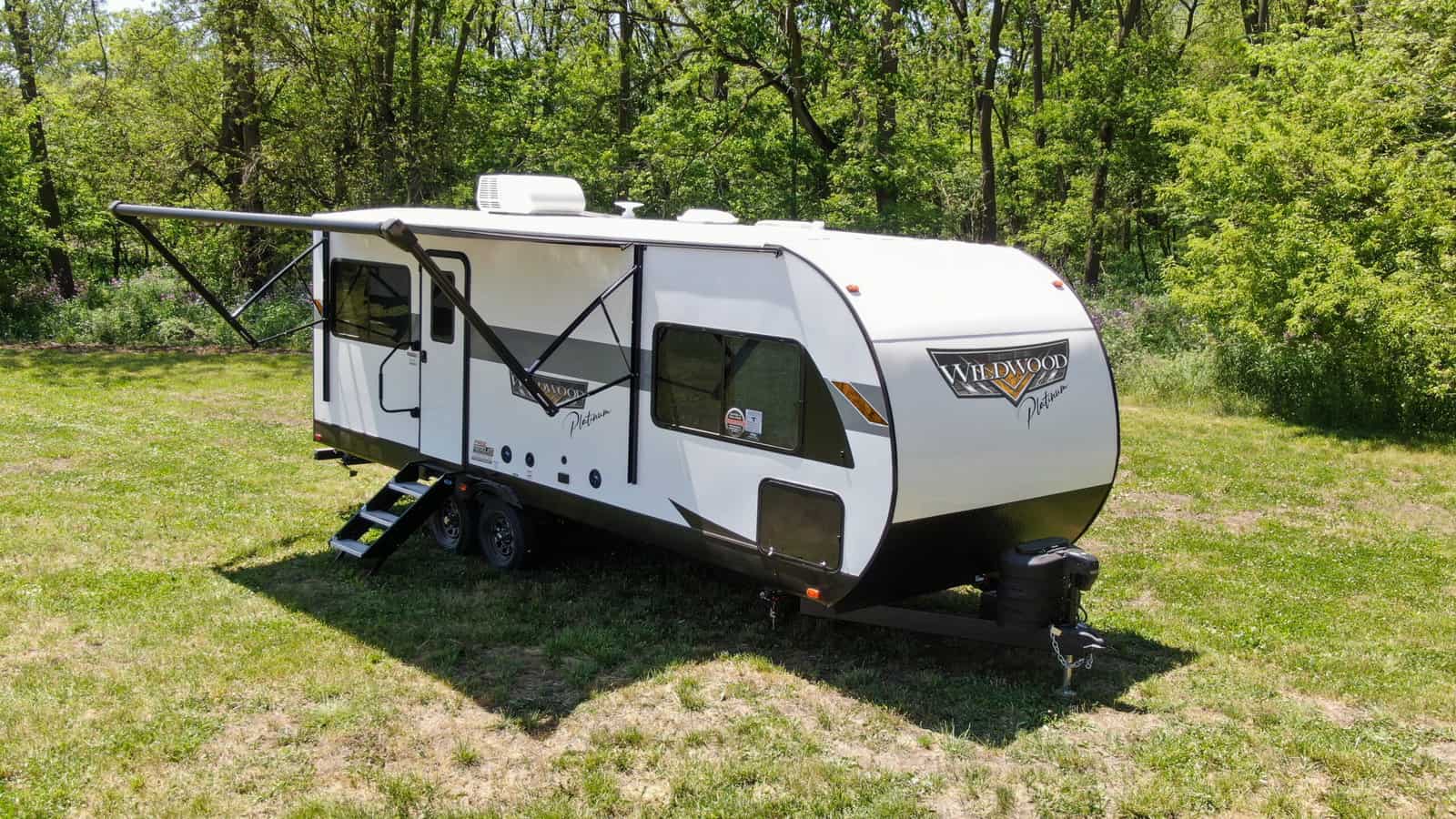While most aspects of the RV life are quite enjoyable, there is one we can all agree upon that is not: the RV black tank. This dark recess within an RV holds secrets we sometimes just want to forget all about.
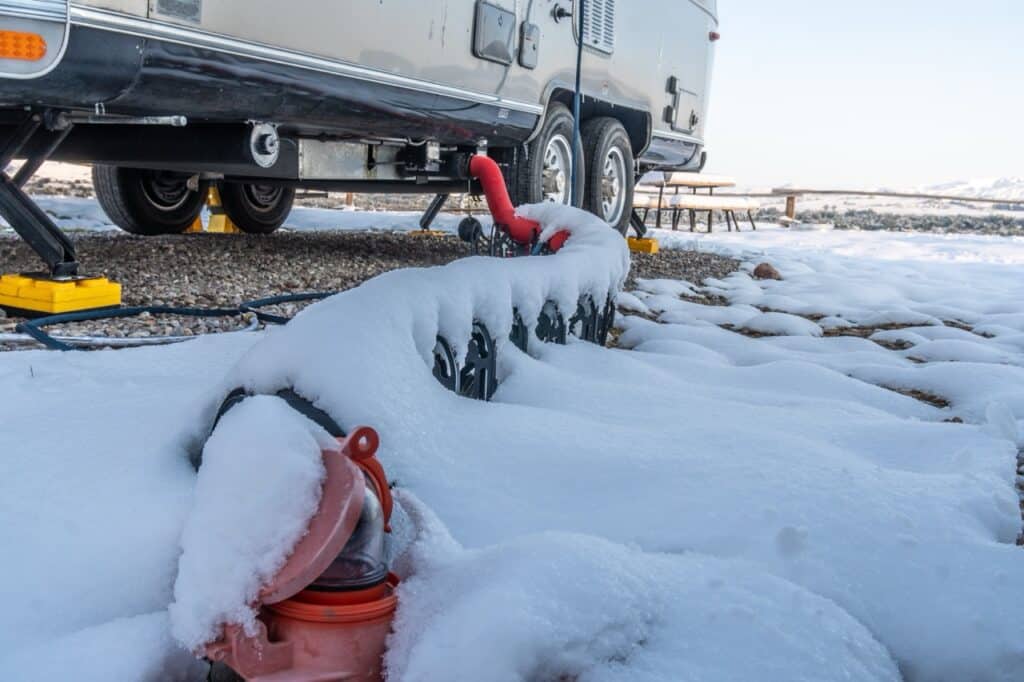
However, keeping your RV’s black tank happy and healthy is just as important as keeping yourself happy and healthy. Regularly flushing out the tank, using enzyme treatments, and keeping up with the dumping schedule are all important jobs.
RVers who don’t have a cassette toilet become very familiar with their sewer hoses.
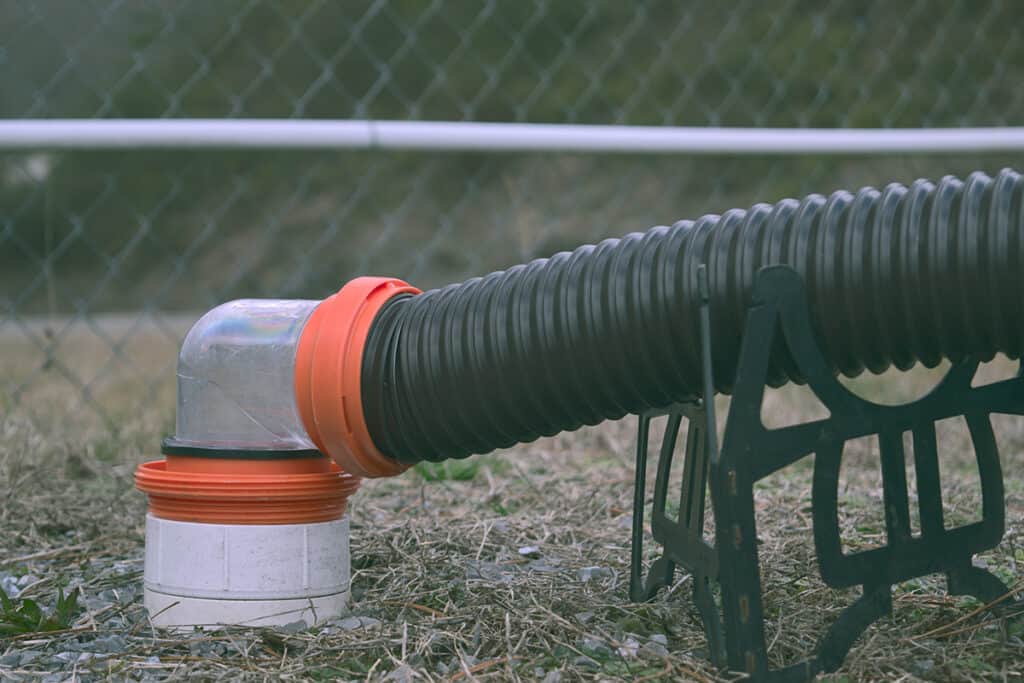
A helpful tool for these jobs is an RV macerator pump. Some RVs come with one, but they can also be installed as a DIY project or external, inline product.
RV macerator pumps are mechanical devices used to grind and break down solid waste materials from an RV’s holding tank. These pumps are usually located between the RV’s holding tank and the sewer line or behind the RV toilet.
Macerators can be manual, hydraulic, or electric. They work by grinding waste and toilet paper into a liquid slurry that moves easier through a sewer hose. They can be used for black- and gray-water and will also grind up food particles from a sink or soap from a shower. Some macerators come with an automatic shut-off valve and some come with a gray-water bypass.
If a macerator is not installed in your RV, portable macerators can be easily carried around and connected to the existing sewer outlet on a motorhome or trailer. They are small and lightweight, making them perfect for those who frequently move around in their RV. Permanently installed macerators are installed directly into the RV’s sewage system and are typically more powerful than the portable versions.
What are the advantages of a macerator pump?
The macerator pump really comes in handy when parked on a not-so-level campsite.
Sewer hoses typically use gravity to move black tank and gray tank waste into a campground septic hookup. This works best when there is a slight downhill or at minimum a level setup for the hose. The black-tank effluent tends to get stuck in the hose when dumping uphill or over a long distance.
A macerator can pump larger material from the tanks over a longer distance (sometimes up to 150 feet!), uphill, or through a thinner dump hose. This is handy if someone in the RV tends to use too much toilet paper or paper not safe for an RV black tank.
The macerator will also help to keep your sewer hose a little cleaner than just relying on gravity to push everything out.
What are the disadvantages of a macerator pump?
Just like any RV system, the more you have, the more that can break down. Macerators do require routine maintenance and cleaning to keep them in shape. They also require extra power to run and extra water to fully flush out the tank.
If your macerator pump is manual and does not come with an auto shutoff, you will also need to keep an eye on it while pumping. If it continues to pump while the tanks are dry, the pump can be irreparably damaged.
In addition, a macerator is one extra expense and can add several hundred dollars to your RV budget. If it’s a portable version, you will need to carry and store it, which takes up a little more of your valuable storage space.
If your RV doesn’t come with a macerator already installed, should you install one yourself? This depends on your level of comfort with installations and your type of RV. There are options available including the popular CLEAN DUMP pump.
If you don’t want to rely on your own DIY skills or the cost of a professional installation, the portable macerators are handy and easy to use. They generally range in price from about $100 to nearly $500.
On the higher end is the Flojet Portable RV Waste Pump. This pump can move waste through a 1-inch sewer hose rather than the typical 3-inch hose. The pump runs off of any 12-volt plug and comes with a handheld remote. It is also safe to run dry for a few minutes after the tank is emptied.
The Flojet also has a backflush option and can be regularly cleaned out with a freshwater hose.
The post Do You Need A Macerator Pump For Your RV? appeared first on Camper Report.


